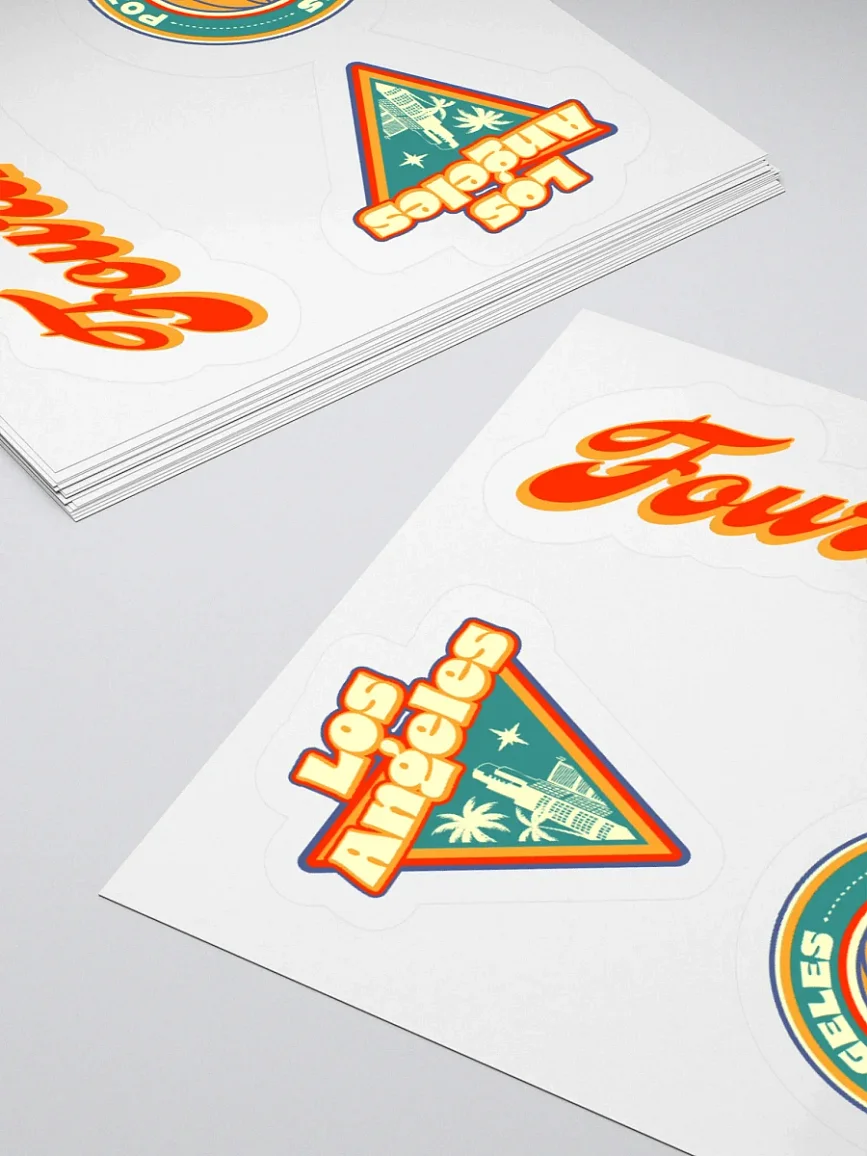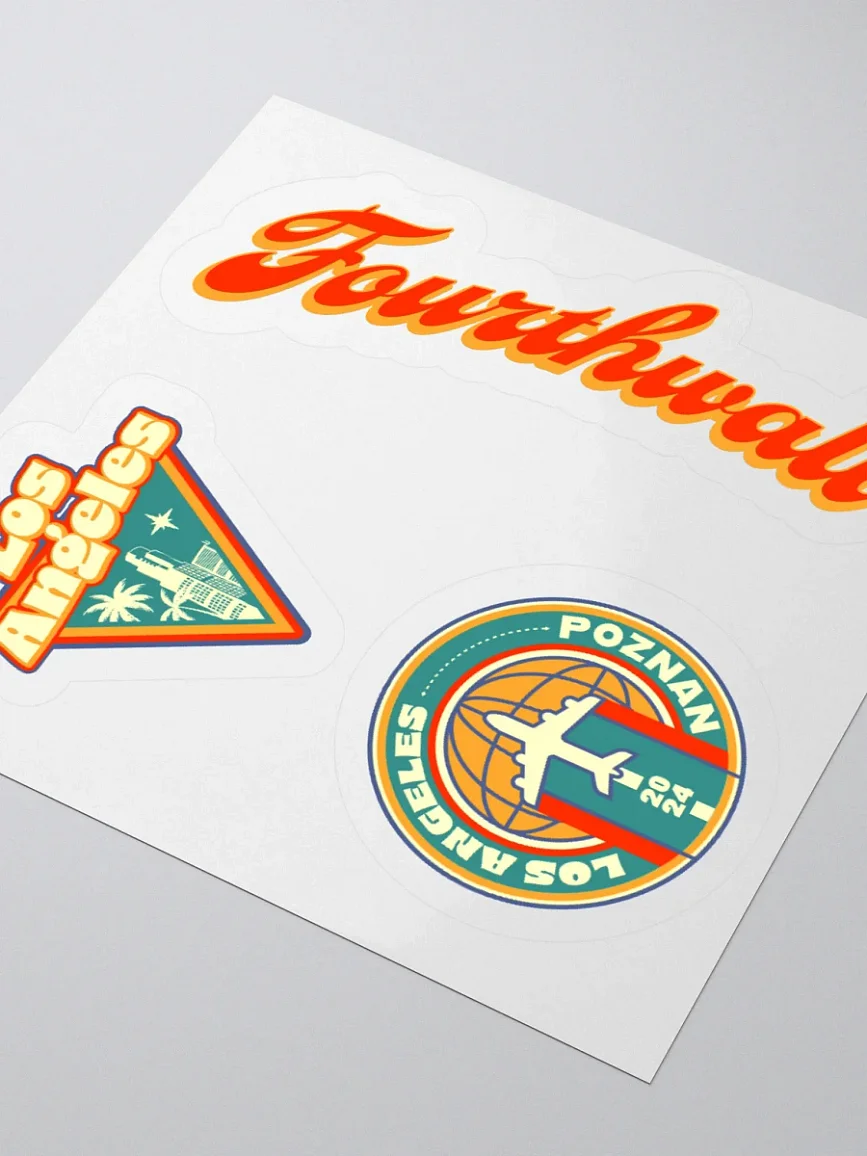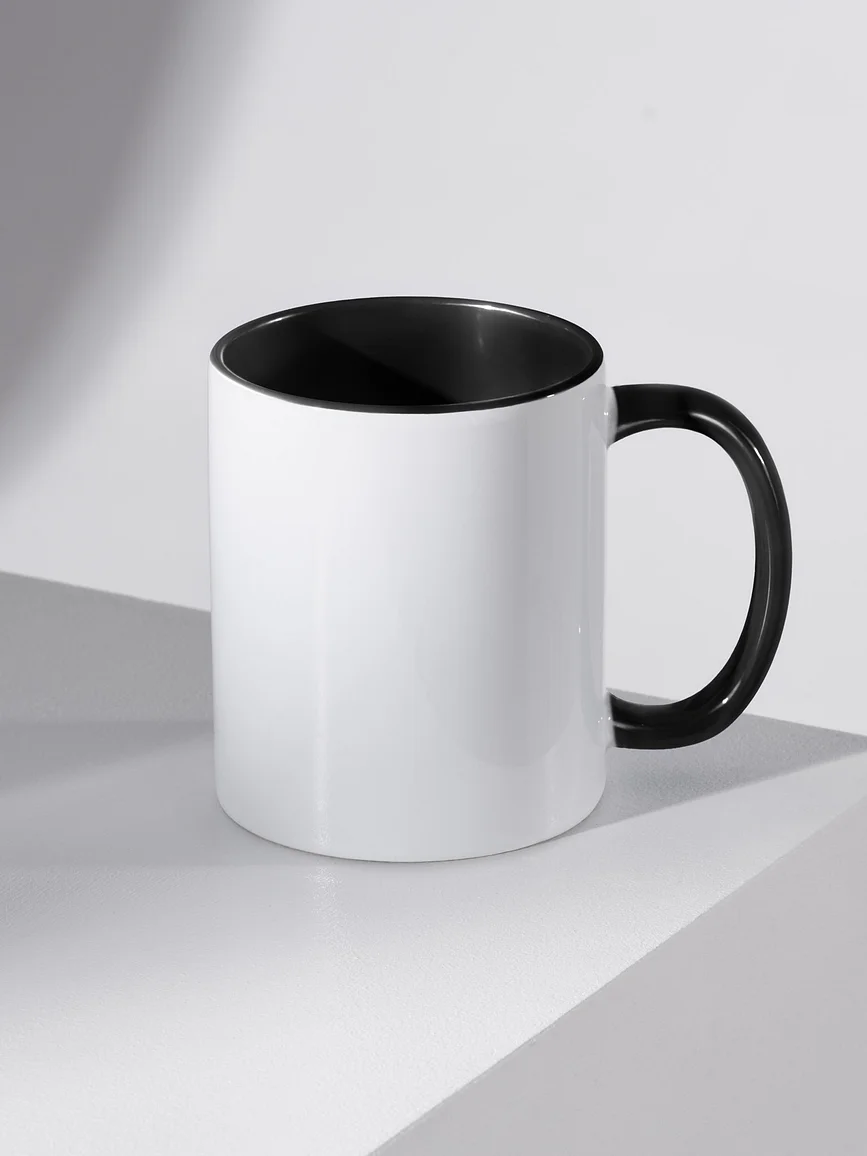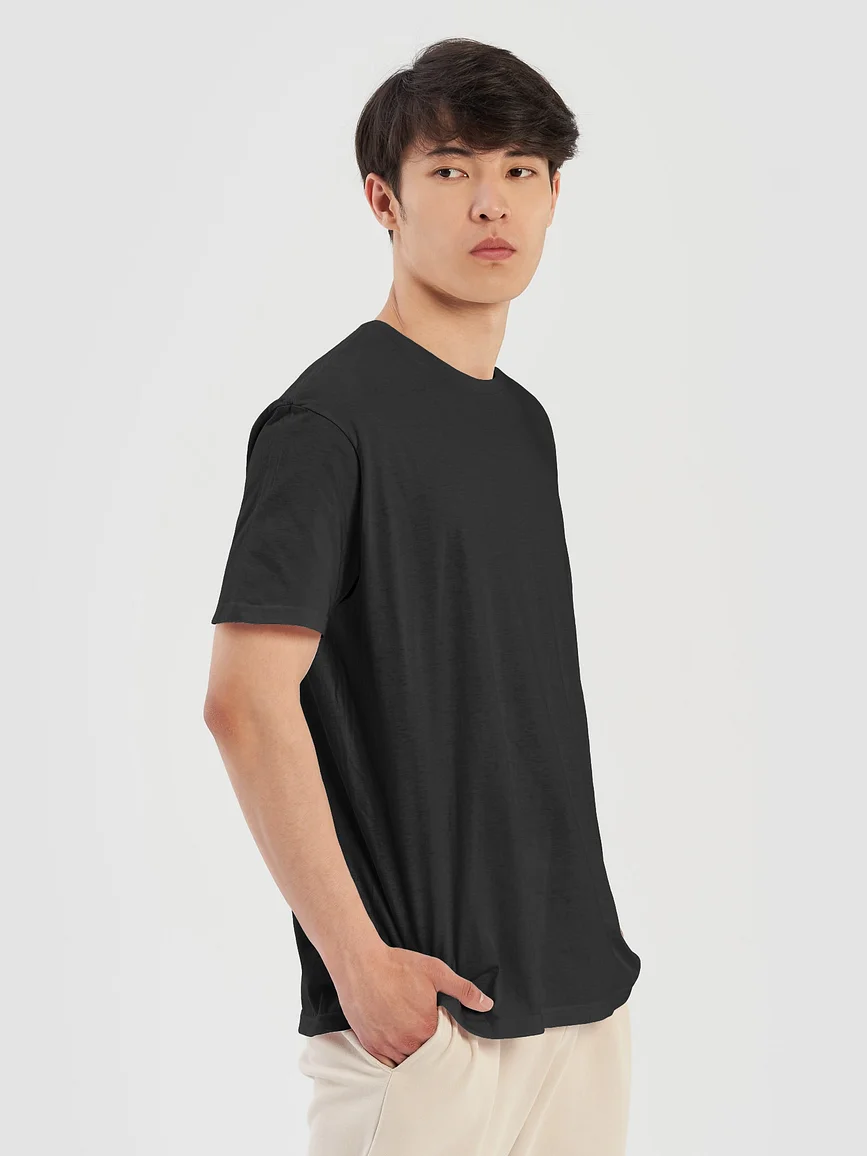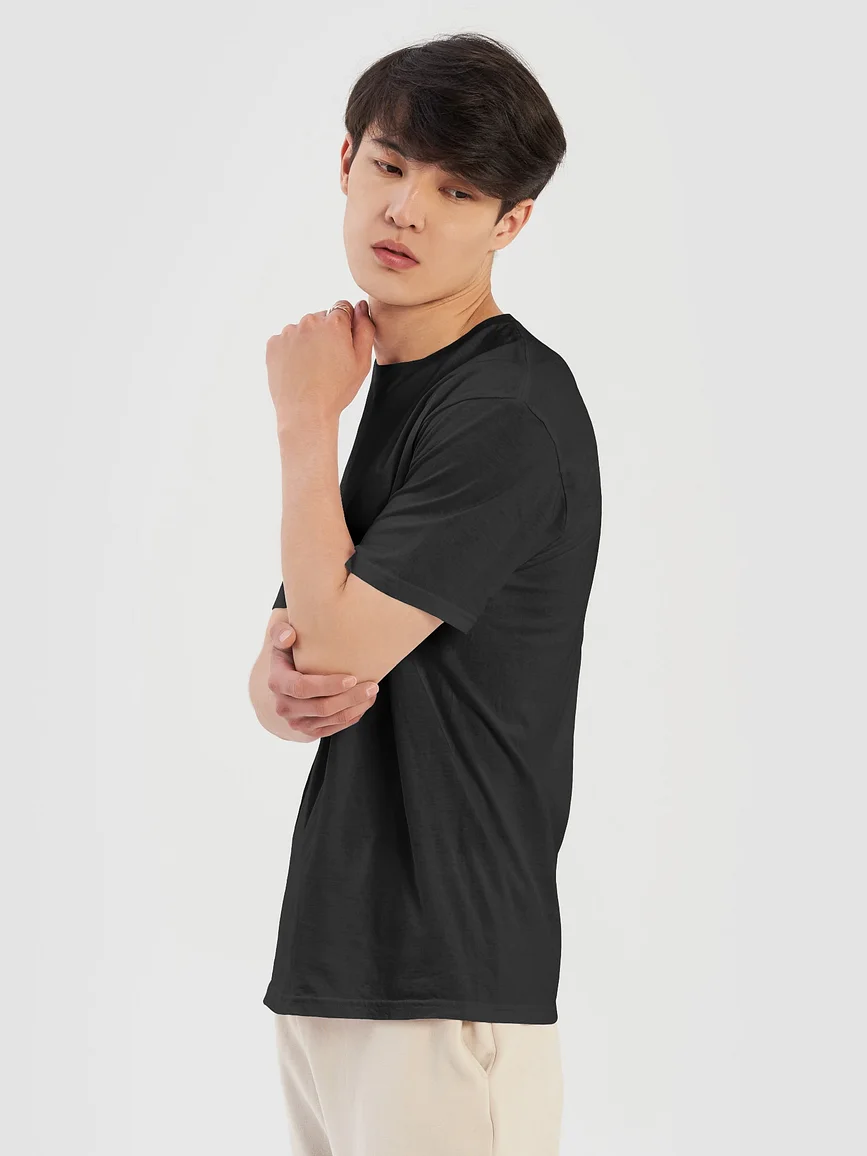10 Best Print-On-Demand Companies

10 Best Print-On-Demand Companies
Print-on-demand companies are revolutionizing the world of ecommerce for creators and influencers. You no longer need to worry about inventory, warehousing, or fulfillment. Instead, companies like Fourthwall allow you as the creator to focus on your craft while they handle all product sourcing, printing, and shipping aspects.
With a wide variety of other options available from Printful to Printify, Redbubble to Teelaunch to Zazzle, choosing the best print-on-demand company for your needs can be overwhelming. Our guide to the best print-on-demand companies will help you find the right fit!
What Are Print-On-Demand Companies?
Print-on-demand (POD) companies are a great fulfillment solution that enable you to create and sell unique products without investing in inventory. POD is also a type of dropshipping where all you'll need to do is provide the design, and your POD company handles the rest.
These companies offer a comprehensive ecommerce fulfillment service that covers the entire process, from sourcing and warehousing products to printing customized products, packaging materials, and delivering orders to customers.
There are two types of print-on-demand companies: print-on-demand services and print-on-demand marketplaces.
Print-on-Demand Marketplace vs. POD Company
When exploring print-on-demand (POD) options for your business, understanding the difference between a POD marketplace and a POD company is crucial for choosing the best platform for your needs. Both models allow you to create and sell custom designs on various products, but they serve different purposes and audiences.
Print-on-Demand Marketplace
A POD marketplace acts as a built-in platform for hosting, showcasing, and selling your products. These marketplaces attract customers directly, providing exposure to their established audience. They handle everything from printing and shipping to customer service, leaving you to focus solely on creating designs.
Advantages:
- Access to a large, ready made customer base.
- No need for a separate online store or additional integrations.
- Most are generally free to start, with no paid plan required.
- Passive income potential once your products are uploaded.
Disadvantages:
- Limited branding opportunities, as the products and packaging usually feature marketplace branding instead of yours.
- Lower profit margins due to marketplace fees and base costs.
- Competition with many other sellers on the same platform.
- Restricted customer ownership (for example, you don’t get access to buyer information for marketing).
Print-on-Demand Company
A POD company provides tools and services for selling your custom designs on various ecommerce platforms like Shopify, Etsy, WooCommerce, and Wix. Unlike marketplaces, these companies require you to create your own online store or integrate their services with an existing platform.
Advantages:
- Greater control over branding and customer experience, with options for white label products and custom packaging.
- Flexible pricing and profit margins; you decide how much to charge for your products.
- Ability to integrate with ecommerce platforms like Shopify and Etsy for seamless dropshipping.
- A broader selection of products to sell, from hoodies and mugs to phone cases and direct-to-garment printed items.
- High print quality with multiple printing methods, such as garment printing and sublimation.
Disadvantages:
- Requires your own online store, which may involve additional investment.
- Marketing and driving traffic to your store is your responsibility.
- Shipping and fulfillment options depend on the POD company’s network, which can lead to varied shipping times and costs.
10 Best Print-On-Demand Companies
Check out these great print-on-demand companies, all solid choices for creators; having detailed info will help you find the best print-on-demand partner for you!
1. Fourthwall
Fourthwall is a top tier print-on-demand platform designed for creators like YouTubers, Twitch streamers, TikTokers, musicians, podcasters, and artists, offering a seamless way to launch a custom website, design and sell unique products, and provide memberships, all without upfront costs or inventory management.
Its extensive catalog includes premium print-on-demand, screen printed, embroidered, and "cut and sew" (more customized) products, giving you a wealth of options for designing and launching your very own clothing line. With a no-code custom website builder, global shipping through top carriers like UPS and DHL, and comprehensive customer support, Fourthwall empowers creators to monetize their content.
Additionally, Fourthwall's blog and learning resources help creators grow their businesses, making Fourthwall an all in one platform for building your brand and increasing revenue.
Pros:
- Large and diverse product catalog, which includes apparel, accessories, drinkware, gaming accessories, computer keycaps, and home and living items.
- A variety of production methods, including POD, DTG, DTFx, and even embroidery.
- Comprehensive customer assistance for creators and buyers.
- Competitive pricing, making Fourthwall accessible for creators of all levels.
- Lets creators offer tiered exclusive memberships as an additional way to monetize their content and engage with fans.
- All in one platform (no need to integrate with other ecommerce platforms)
- Partners with leading carriers like UPS and DHL to offer fast and reliable worldwide shipping.
- Fourthwall's no-code website builder allows creators to design a professional, branded website and storefront with ease.
Cons:
- Customer service is limited to email or online channels.
- The abundance of features and customization options might feel overwhelming for beginners unfamiliar with ecommerce or print-on-demand.
2. Printful
Printful is a print-on-demand platform for creators and entrepreneurs, offering a diverse range of customizable products made from premium materials.
With advanced printing options such as screen printing, embroidery, and sublimation, Printful ensures high quality results for every design. Printful's seamless integration with major ecommerce platforms like Shopify, WooCommerce, and Etsy simplifies store management, while Printful's global fulfillment centers enable fast, reliable shipping around the globe.
With no upfront costs or minimum order requirements, a design tool for creating mockups, and automatic order fulfillment, Printful provides a professional, risk-free solution for building a successful custom product business, making it worth the slightly higher cost compared to competitors.
Pros:
- Printful's extensive range of products and customization options.
- High quality materials and printing techniques (including embroidery and sublimation).
- Printful seamlessly integrates with major ecommerce platforms like Shopify and WooCommerce.
- No upfront costs or minimum orders.
- Global fulfillment centers for faster shipping.
- Intuitive design and Printful's own mockup tools.
Cons :
- Printful's pricing is slightly higher compared to some competitors.
- No phone support for customer inquiries.
- Printful does not offer a dedicated custom website builder.
3. Printify
When it comes to flexibility and variety in the print-on-demand industry, Printify is a go-to platform for creators and entrepreneurs looking to offer a diverse range of customizable products.
With an extensive catalog sourced from a network of trusted suppliers, Printify provides options for high quality printing techniques such as direct-to-garment (DTG), embroidery, and sublimation to meet various creative needs. Its seamless integrations with major ecommerce platforms like Shopify, Squarespace, and WooCommerce allow for easy store management and automation.
While Printify's vendor network offers flexibility in sourcing, it can result in variable shipping costs, but Printify offsets this with a premium membership option ($29/month) that grants a 20% discount on all orders, helping to improve profit margins as your business scales.
Pros:
- Diverse catalog of customizable Printify products, including apparel, drinkware, phone cases, and even vitamin supplements, catering to different niches.
- Sellers can choose from various global print providers.
- You set your product pricing, giving you full control over your profit margins.
- Printing partners located worldwide help reduce shipping times and costs for international customers.
- Printify's straightforward platform, makes it simple to upload designs and create product mockups.
Cons:
- Some Printify products have specific design requirements, which may limit creative freedom.
- Customer support primarily acts as a middleman with Printify's printing providers, potentially delaying the resolution of order issues.
- Shipping costs and times can vary significantly based on the printing partner and customer location.
- Printify doesn’t accept returns unless there’s a defect or printing error.
4. SPOD
Renowned for its production speed, SPOD (powered by Spreadshirt) ensures that 95% of orders are produced within 48 hours, making it an excellent print-on-demand choice for sellers prioritizing speed.
SPOD's platform supports various printing techniques, such as DTG (direct to garment), embroidery, and sublimation, ensuring high-quality results across its diverse catalog, including apparel, mugs, stickers, and more. SPOD’s standout feature is its product customization tool, which allows customers to personalize their purchases, enhancing buyer engagement.
With no upfront costs, a user-friendly interface, and access to European and U.S. fulfillment centers, SPOD is ideal for creators looking for a reliable and efficient print-on-demand solution.
Pros
- Fast production and shipping times.
- Customization tool for customers to personalize products.
- High quality printing and product options.
- SPOD has easy integrations with Shopify and intuitive design tools.
Cons
- Limited product variety compared to competitors.
- No direct integration with platforms like Etsy or Amazon.
- Above average pricing for some products.
- No dropshipping features beyond Shopify.
- Lack of advanced product categories like jewelry or computer keycaps.
5. Teelaunch
Integrated seamlessly with Shopify, Teelaunch is a dynamic print-on-demand platform that simplifies the entire process of creating, fulfilling, and shipping orders.
With a solid catalog featuring products like drinkware, apparel, kitchenware, and wall art, Teelaunch offers ample opportunities for customization and branding. Its intuitive design tools make it easy to create professional-grade products, while its automated fulfillment system handles printing, packaging, and shipping.
Teelaunch stands out for its affordability, ease of use, and ability to scale as your business grows, making it an excellent choice for Shopify store owners seeking a reliable POD solution.
Pros
- Extensive product catalog, including apparel, drinkware, and wall art.
- Automated order fulfillment, printing, and shipping.
- Affordable pricing with no upfront costs.
- Allows branding with custom packing slips and stickers.
- Teelaunch has its own design tools.
Cons
- Limited integrations (primarily Shopify and Etsy).
- Some shipping costs and times may vary by location.
- No phone support for customer service.
- Inconsistent product availability for certain categories.
6. Gooten
Gooten is a reliable and versatile print-on-demand platform that caters to entrepreneurs looking to streamline their eCommerce operations.
Known for its global network of manufacturing partners, Gooten ensures high-quality products across a diverse range, including apparel, drinkware, and wall art. Gooten's standout features include centralized order management, seamless integration with platforms like Shopify, Etsy, and WooCommerce, and a loyalty program for merchants that provides insights, personalized reports, and discounts.
While fulfillment times are slightly longer, Gooten’s localized production facilities help optimize shipping times and costs, ensuring a great experience for both merchants and customers.
Pros
- Extensive product range, including some more unique items like floor decals, wooden signs, and paint can candles.
- Centralized order management for multi-store operations.
- Gooten offers a loyalty program with perks for merchants.
- Much of Gooten's production is localized for faster and cost effective shipping.
- Tracking information provided for all orders.
Cons
- Fulfillment times can be longer than competitors.
- Gooten has limited integrations compared to other platforms.
- Merchants cannot select specific manufacturers for production.
7. Sellfy
Sellfy is an all in one print-on-demand platform that combines simplicity, affordability, and convenience, making it an ideal choice for beginners and small business owners.
Its user friendly interface enables creators to quickly set up online stores to sell custom products like apparel, mugs, and posters, with built in print-on-demand tools that seamlessly handle fulfillment and shipping. Unlike many competitors, Sellfy doesn’t require third party integrations for print-on-demand, which streamlines the process for sellers.
With features like no transaction fees, customizable product pages, and marketing tools such as discount codes and email campaigns, Sellfy offers a robust solution for creators looking to sell both physical and digital products.
Pros
- Simple, beginner friendly setup.
- Built in print-on-demand features with automated fulfillment.
- Sellfy doesn't charge transaction fees on sales.
- Ability to sell digital products, subscriptions, and physical goods.
- Customizable product pages and mobile friendly Sellfy storefronts.
- Integrated marketing tools like email campaigns and discount codes.
Cons
- Sellfy offers limited customization options for store design.
- Basic analytics and fewer integrations compared to competitors.
- Mandatory "Powered by Sellfy" branding on lower-tier plans.
- Lacks advanced marketing features like SEO optimization tools.
- No support for deep scalability or highly complex ecommerce needs.
8. Spring (Teespring)
Spring, formerly known as Teespring, is a beginner friendly print-on-demand platform that lets creators to design and sell custom products like apparel, accessories, and home decor with minimal effort.
Spring/Teespring stands out with its integrated marketing tools, such as its Boosted Network, which can promote your products across search engines and socials to increase sales. Spring’s ease of use, no upfront costs, and support for unique items like custom plush dolls and pop sockets make it a solid choice for creators, influencers, and small businesses exploring the print-on-demand space.
While ideal for newcomers, Spring's limited customization options and lower profit margins may make it less suitable for advanced sellers seeking full brand control.
Pros
- No upfront costs, making it easy to get started on Spring/Teespring.
- Integrated marketing tools like the Boosted Network.
- Unique Spring custom product offerings (e.g., plush dolls, pop sockets).
- Seamless integrations with platforms like YouTube, Twitch, and Instagram.
- Email marketing tools to reach previous buyers.
Cons
- Spring/Teespring's store customization and branding options are limited.
- Profit margins can be low due to fixed base costs.
- Restricted scalability for advanced sellers or larger brands.
- Somewhat clunky design interface for managing multiple products.
- Shipping and fulfillment times vary depending on location.
- Fewer advanced analytics and SEO tools compared to competitors.
9. Zazzle
With its intuitive design editor and built in customization options, Zazzle lets buyers personalize products like apparel, phone cases, mugs, and even wedding invitations to suit their needs, making it an attractive platform for both sellers and shoppers.
Zazzle's platform handles all aspects of fulfillment, from printing to shipping and customer service, so creators can focus on uploading designs and growing their catalogs. Additionally, Zazzle’s affiliate program and customizable royalty rates provide creators with multiple avenues to boost their earnings. Sellers can set royalty rates for each product, ranging from 5% to 50% on physical products and up to 99% on digital products, giving them flexibility in pricing and profit margins to suit their business goals.
While it’s a good option for testing design concepts and tapping into Zazzle’s existing audience, Zazzle's platform’s limitations in branding and profit margins may pose challenges for sellers looking for full control over their business.
Pros
- Free to use with no upfront costs.
- Buyer customization features include Zazzle's built-in design editor.
- Zazzle offers ZPlus subscriptions for free shipping on qualifying orders.
- Integrated affiliate program for additional income opportunities.
- Ability to manage multiple stores under one account.
Cons
- Low profit margins due to transaction fees, seasonal discounts, and affiliate referral cuts.
- Limited control over branding, packaging, and customer communication.
- High competition among sellers on the platform.
- Seasonal promotions can lower royalty earnings without seller input.
- No email marketing tools or audience ownership.
10. Redbubble
Redbubble is a print-on-demand platform that offers artists and designers a hassle free way to showcase and sell their work.
The platform handles production, shipping, and customer service, allowing creators to focus on their designs. Redbubble's product catalog ranges from apparel and phone cases to wall art and stationery, providing a wide canvas for creativity, and Redbubble’s user-friendly interface makes uploading artwork and creating products quick and easy for those new to print-on-demand.
However, while Redbubble is ideal for testing designs and earning passive income, its limitations in branding, customer ownership, and profit margins may be restrictive for those looking to scale their business.
Pros
- Redbubble is initially free to use with no upfront costs.
- Wide range of customizable products, including unique items like tapestries and stickers.
- Redbubble handles printing, shipping, and customer service.
- Built in global marketplace attracts millions of visitors monthly.
- Easy to use interface for uploading designs and setting up a Redbubble store.
Cons
- Low profit margins due to high base costs and marketplace fees.
- Limited branding options, as products feature Redbubble's branding, not yours.
- Sellers don’t own customer information, reducing opportunities for repeat business.
- Quality control is managed by Redbubble, so you have limited oversight.
- Difficult to scale as a long term business due to low earnings and lack of control.
Key Factors to Choosing Your Print-On-Demand Company
Before selecting the best print-on-demand company for your brand's needs, it's essential to assess a few factors:
- Shipping Times - It's crucial to select a company that ships products to the consumer within a reasonable time frame.
- Product Quality - Creators should ensure that the print-on-demand company of their choice is providing good quality products to sell. As a creator, you should be able to receive samples of blanks of the products you are considering selling, so you can check the quality.
- Printing Customization - It's also essential to choose a print-on-demand service that offers a range of printing options, from traditional screen printing to embroidery, to cater to your design and product needs. You can read more about choosing the right production method for your merch on this blog!
- Product Catalog - An extensive product catalog is such an asset, as the broader the range, the easier it is to choose a company, as they'll have more products for you to choose from.
- Integrations With Other Platforms - Compatibility with your ecommerce platform is essential to make the connection seamless. Selecting a POD company that allows you to sell through multiple channels, such as your own website, Amazon, Etsy, etc., is valuable in that it gives you the option to expand your sales channels.
Understanding Shipping and Fulfillment
When selecting the ideal print-on-demand company for your business, you'll also want to evaluate their global shipping and fulfillment strategies.
POD companies manage every aspect of fulfillment, from manufacturing products to packaging and shipping them to customers. But the reliability, speed, and quality of these services can differ significantly between providers, making it an essential factor to consider. Fulfillment locations play a significant role in determining shipping times, costs, and overall customer satisfaction.
Many leading POD companies, such as Fourthwall, Printify, Printful, and Gooten, have networks of printing partners located worldwide, allowing them to fulfill orders locally in regions like the United States, Europe, and Asia. This localized approach reduces shipping times and costs, ensuring a better experience for customers while lowering carbon emissions.
Not all POD companies have a global network; some rely on centralized production in specific regions, such as China, which can result in extended shipping times, higher delivery costs, and potential customs delays for international orders. Keep in mind that this may affect your ability to compete in markets where customers expect fast and affordable shipping.
When evaluating a POD provider’s global shipping capabilities, consider the following:
- Shipping Costs - Companies like Fourthwall and SPOD offer great competitive pricing, but costs may vary depending on the product and customer location. Look for services with transparent shipping rate calculators for accurate pricing.
- Delivery Times: The best POD platforms, like Fourthwall and Printful, prioritize speed with fulfillment centers in key markets, while others may take longer due to centralized production.
- Product Variety by Location: Some products, such as direct-to-garment apparel or phone cases, may be available only in specific regions, which can impact delivery options.
- Returns and Customer Service: A reliable returns policy and responsive customer support can make or break your brand’s reputation.
Start Selling Your Merch on Fourthwall Today!
Now that you’re equipped with all the information about choosing the right print-on-demand platform, it’s time to launch your own store on Fourthwall!
.webp)
With Fourthwall, creators can design, sell, and showcase their products while delivering an exceptional experience to their supporters. Fourthwall's all in one platform offers seamless tools for building a custom website, creating merchandise, and integrating with everything from Twitch Gifting and YouTube Shopping to TikTok Shop.
Fourthwall takes care of logistics - production, shipping, and customer support - so you can focus on what you do best: creating! Build your Fourthwall store today!
Frequently Asked Questions
What Websites Can I Use for Print-on-Demand?
When it comes to the best print-on-demand websites, several options like Printify, Printful, Gooten, Teelaunch, and Zazzle are widely used for creating and selling products like hoodies, mugs, and other custom merchandise.
But Fourthwall definitely stands out as the best print platform for creators looking for a seamless, all-in-one solution! Unlike traditional POD companies, Fourthwall offers a fully customizable online store with white label products, enabling you to showcase your brand without any external logos.
Fourthwall's integration of global dropshipping makes it perfect for creators who want to sell products with high print quality and fast fulfillment. Fourthwall’s support for tiered memberships and no paid plans required for basic features make it an ideal choice for you to grow your business.
How Should I Price My Print-on-Demand Products?
When pricing your print-on-demand (POD) products, it’s essential to consider all associated costs, including design, production, shipping, taxes, and any platform fees per order.
These factors determine your base cost, which serves as the foundation for setting a profitable price. A simple pricing formula is: product cost + profit margin = retail price. For example, if a custom hoodie costs $20 to produce and ship, and you want a $10 profit margin, then your retail price should be $30.
It’s also important to research your competitors on platforms like Etsy, Shopify, or marketplaces like Zazzle to ensure that your pricing is competitive while still covering your costs.
Should I Choose a Print-on-Demand Service or a Print-on-Demand Marketplace?
When deciding between a print-on-demand (POD) service and a POD marketplace, it’s essential to consider your goals and how you envision scaling your business.
A POD service, like Printful, Printify, or Gooten, provides creators with greater flexibility and ownership by allowing them to sell through their own online store or ecommerce platforms like Shopify or Wix. This approach offers more control over branding, pricing, and customer relationships, making it ideal for building a unique, scalable business.
On the other hand, POD marketplaces, such as Zazzle or Teespring, simplify the process by providing a built-in audience and handling much of the logistics, but they often come with less control and smaller profit margins.
Most creators favor POD services for the ability to grow a brand on their own terms, but those seeking a low-maintenance, entry-level option may find marketplaces more suitable.
What Products Do Print-on-Demand Companies Offer to Creators?
Print-on-demand companies provide creators with a diverse range of products to customize and sell, making it easy to find items that align with your brand and audience.
Common offerings include hoodies, T-shirts, and other apparel, as well as accessories like tote bags, coffee mugs, and phone cases. Many platforms also feature home decor items such as wall art, pillows, and blankets, giving creators more opportunities to cater to various markets. Some companies, like Fourthwall and Printify, even include more niche items like drinkware, tech accessories, and white-label products that make great branding opportunities.
Exploring a POD platform’s product catalog can help you identify the perfect mix of items for your store, while also serving as inspiration for your own unique designs!








